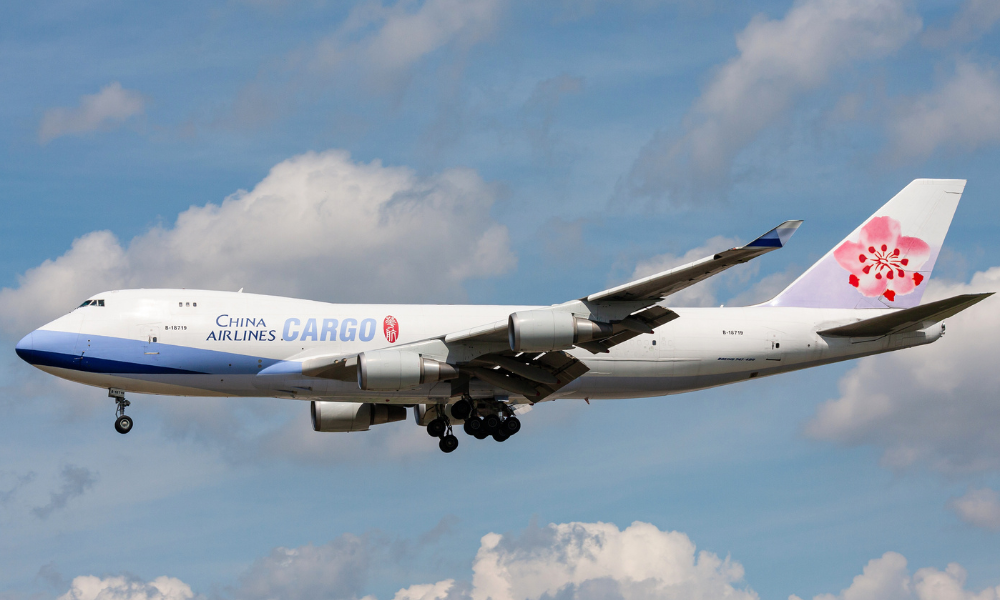
Employee's claims of bullying, defamation, and unjust suspension lead to a legal victory

A former customer service representative for Air China Limited (ACL) has been awarded nearly $50,000 in compensation after the Employment Relations Authority (ERA) ruled that her dismissal was unjustified.
Miao Wang, who worked for ACL from 2017 until her dismissal in July 2020, claimed she was unfairly treated by her employer, alleging consistent bullying, a defamatory notice published about her, and an unjustified suspension and dismissal.
The ERA's ruling found in her favour, awarding her a total of $47,909 in compensation.
Wang's employment with Air China began in May 2017, and for the initial months, she described herself as receiving praise from senior management.
However, tensions began to escalate in late 2017 after Wang declined a request from a colleague to transfer offshore funds into her personal account. She also reported an alleged physical assault by the same colleague, which she said was not adequately addressed by her employer.
In February 2018, Wang claimed she was asked by an unidentified individual aboard an Air China airplane to smuggle cigarettes by carrying a bag through airside, bypassing customs security.
Wang refused the request, believing the contents of the bag were cigarettes, and later raised the issue with her supervisor, Guo.
She alleged that Guo threatened her with negative consequences if she pursued the matter further. Both Guo and another supervisor, Yu, denied the request and any threats.
The ERA found insufficient evidence to substantiate Wang's claims and did not pursue this part of her grievance.
In 2019, Wang raised concerns about a new policy introduced by Air China, which impacted wage payments. She continued to feel harassed and micromanaged by management, and by February 2019, she had joined a union.
Matters came to a head when, in May 2019, a defamatory message about her was published on Air China's internal WeChat group. The message, which was later found to be damaging to her reputation, was not corrected by ACL, deepening the rift between the employee and employer.
Wang also faced multiple allegations related to her work performance, including accusations of cash handling errors, failure to attend meetings, and insubordination.
These issues culminated in ACL's decision to suspend Wang and later dismiss her in July 2020 for serious misconduct, which she denied. Wang argued that the allegations were either unsubstantiated or distorted, and she submitted a grievance to the ERA, claiming unjustified disadvantage and wrongful dismissal.
The ERA's decision focused on several key failures by ACL, including its handling of Wang's complaints, the lack of proper consultation before her suspension, and the failure to consider her side of the story before her dismissal.
The Authority concluded that ACL did not meet its obligations under the Employment Relations Act 2000, which requires employers to act in good faith and provide a fair and reasonable process when taking disciplinary actions.
"ACL's actions in undertaking the investigation of Ms Wang's complaint by convening and holding the 27 November and 5 December meetings and the written warning issued to Ms Wang by email of 12 December were not fair or reasonable or consistent with the obligations of good faith," the ERA ruled.
It further criticised the employer's approach, explaining: "Given ACL bore the responsibility to properly and fairly convene and run the meeting, it is not fair or reasonable to lay the blame on Ms Wang."
The ERA also found that Wang was unfairly suspended without proper consultation and that the suspension was unjustified.
Additionally, the dismissal was deemed procedurally flawed, with the ERA concluding that ACL's failure to engage constructively with Wang and to consider the entire context of her employment relationship made the dismissal unjustified.
"ACL's failure to consider the allegations in the whole render the dismissal unjustified," the ERA ruled.
The Authority granted Wang's request for compensation, awarding her $7,323.75 in lost wages and an additional $40,000 for emotional distress, humiliation, and loss of dignity.